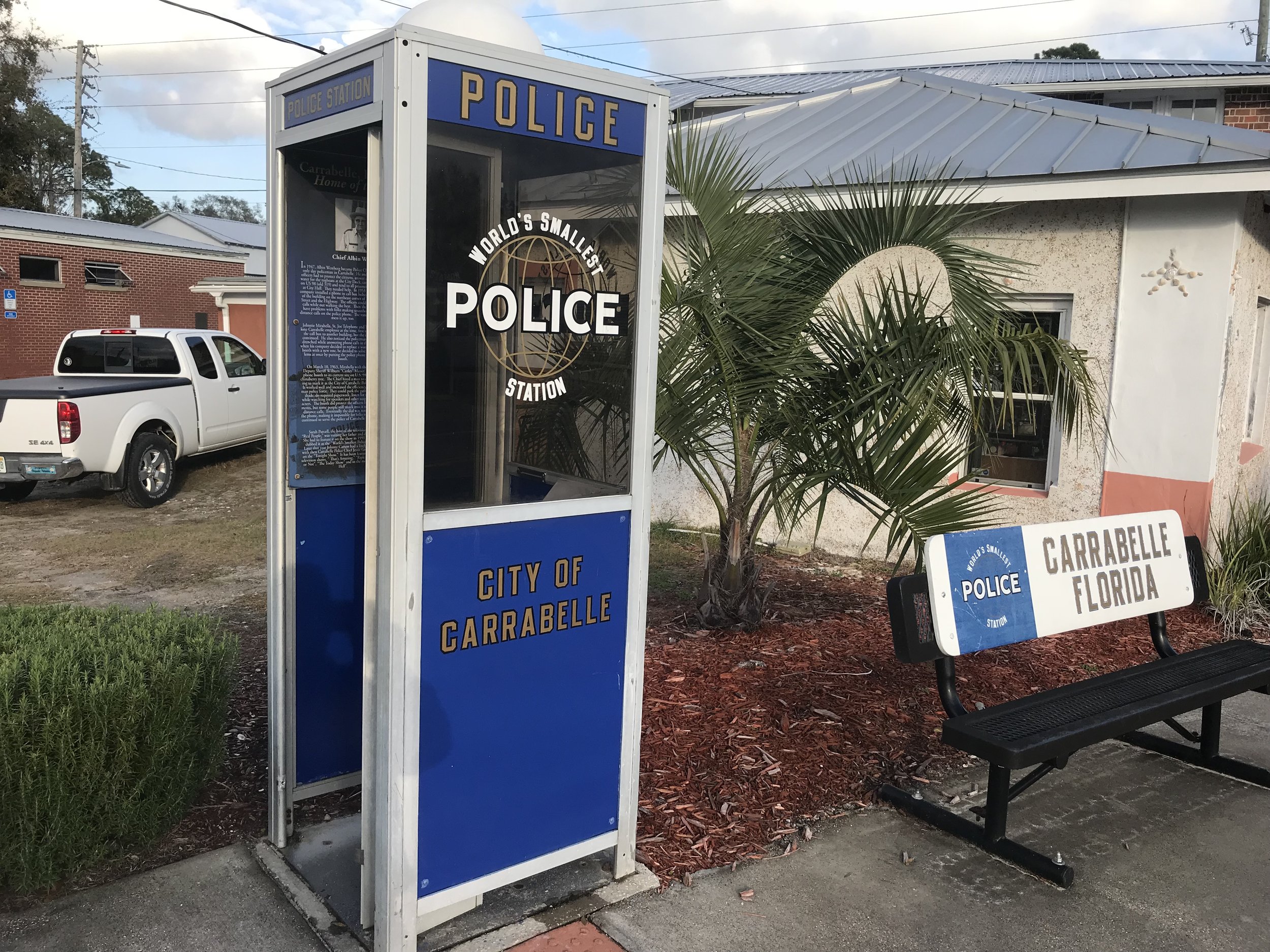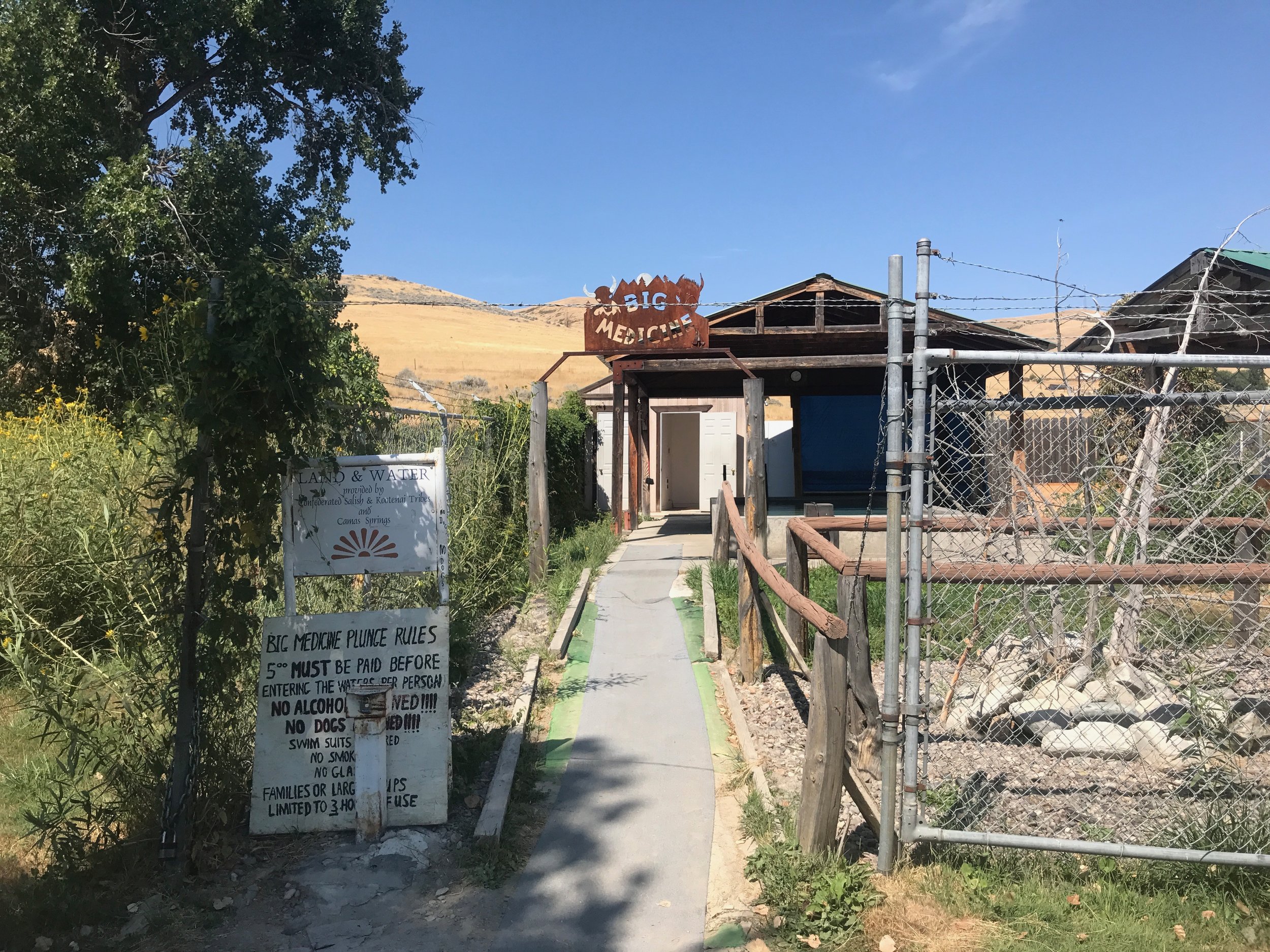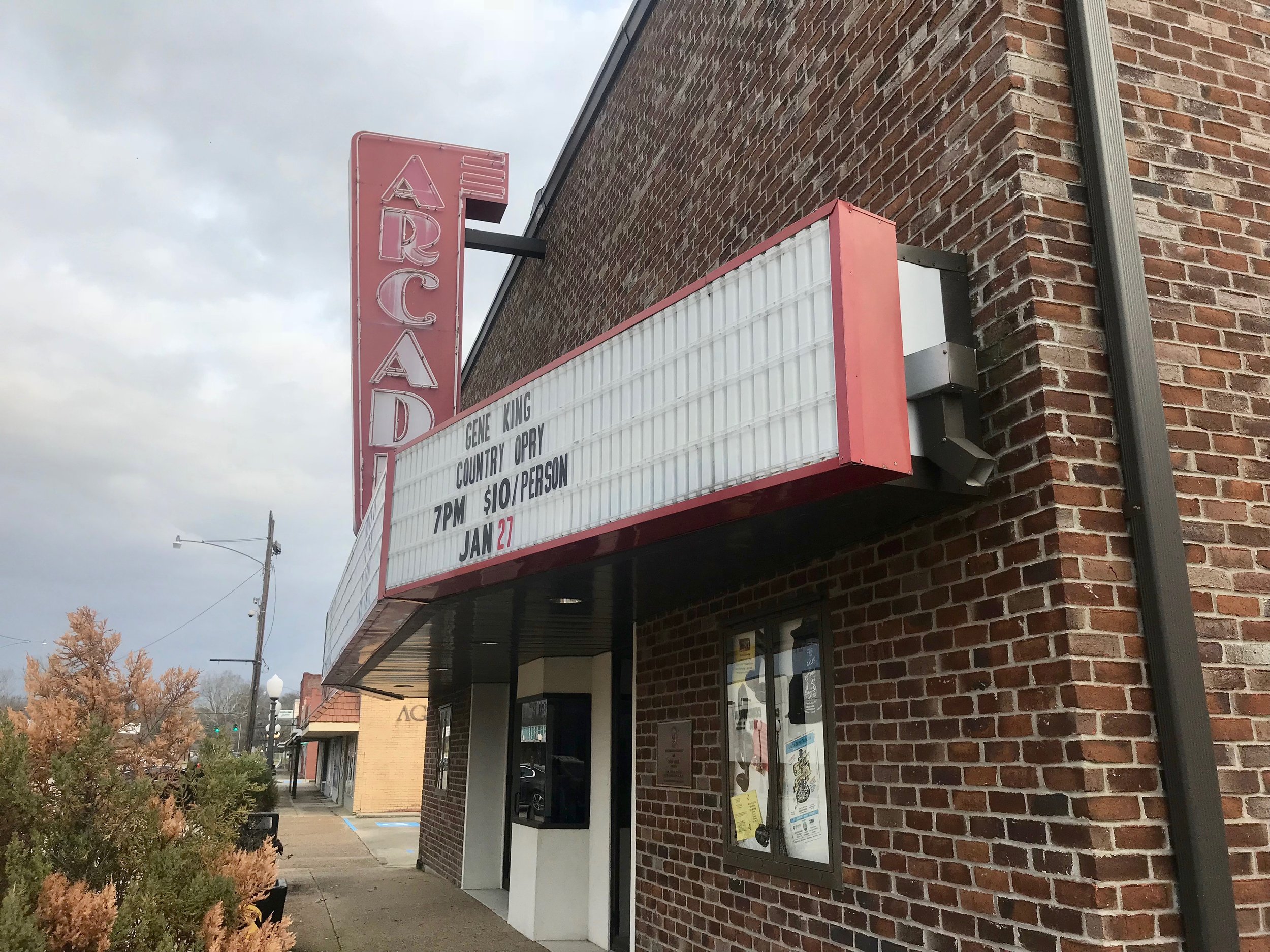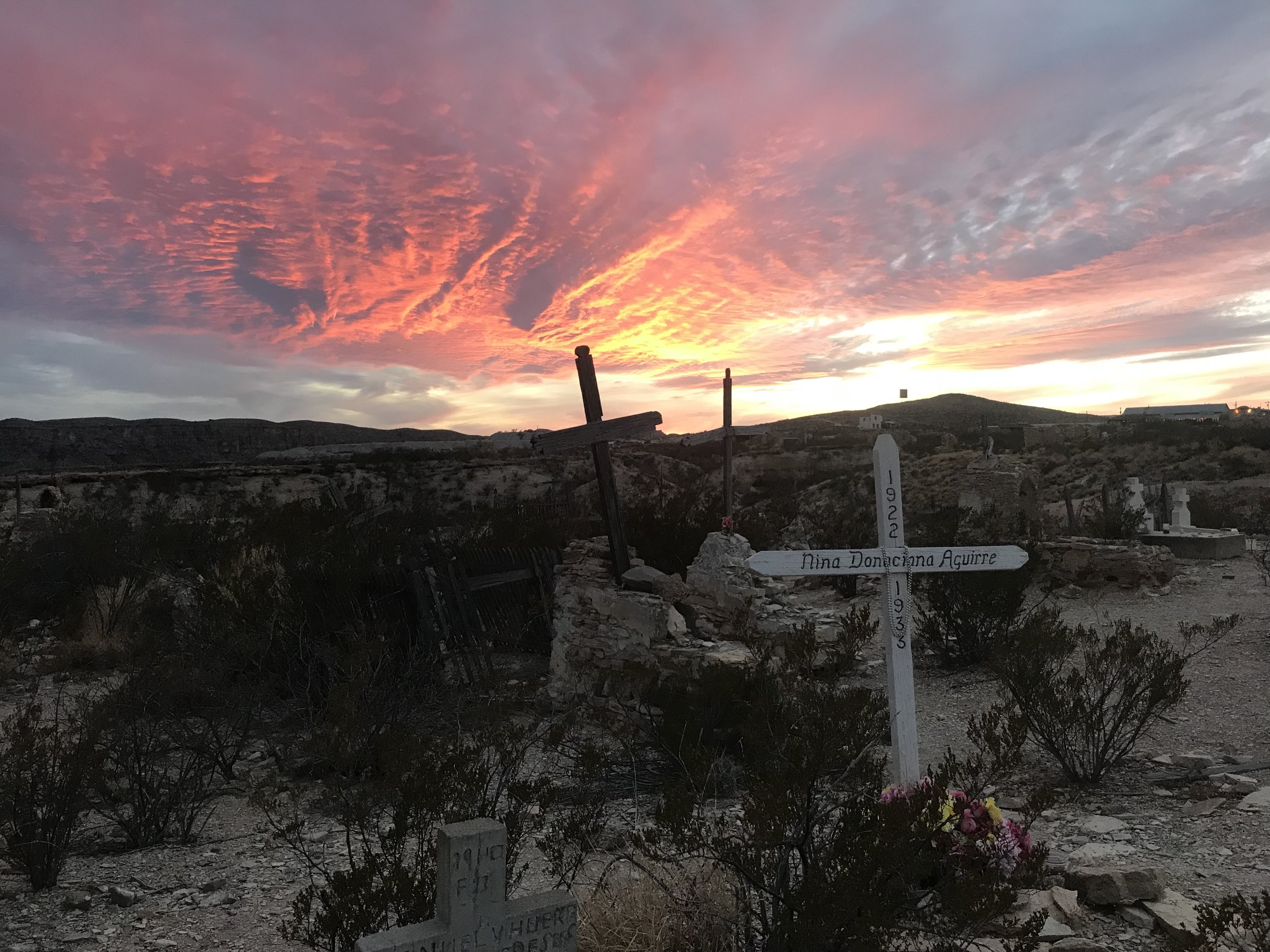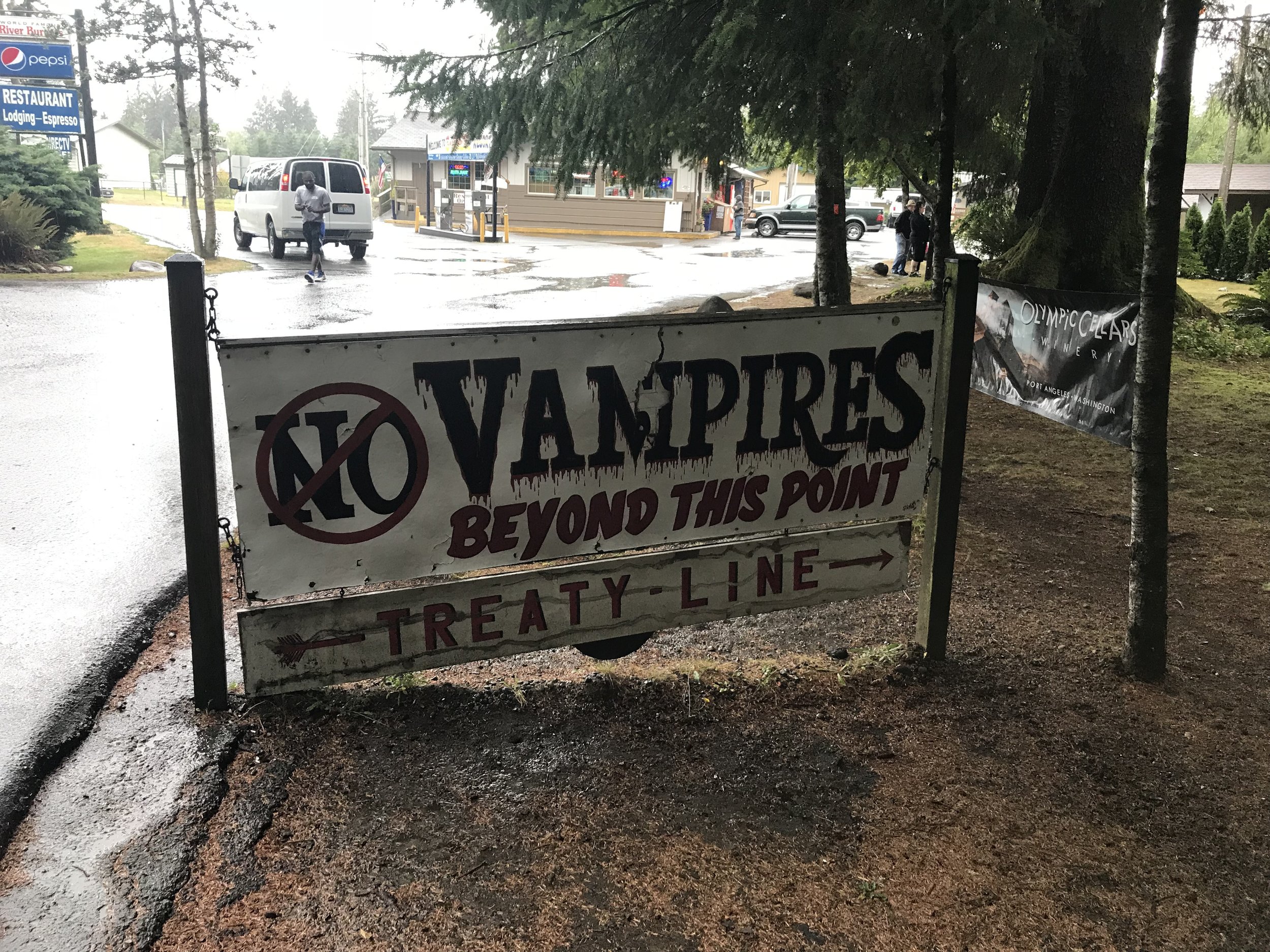Small towns and the ‘real America’
By Rick Holmes
Oct. 5, 2018
I hit the road just as Donald Trump was moving into the White House, a moment of national disunity we’re still living in.
When I said I’d be exploring small towns off the beaten path, some liberal friends acted like I was on a dangerous mission to some faraway country. Some wanted me to explain the ways of those strange people. Some thought I should convert them. A conservative friend said it would do me good to get out into “the real America” and see what “real Americans” believe.
I rejected most of their premises. These are my fellow Americans, not some distant tribe. I didn’t want to study, explain or convert them. I’m particularly offended by the idea that some of us are real Americans – making the rest of us unpatriotic fakers – and that what makes you a “real American” has something to do with the location of your hometown, or its population.
I’m a small-town guy. I’m no stranger to America’s great cities, but I’ve always ended up in small towns. Before hitting the road, I lived in a thriving town of 7,000; I’m now settling into a town with just over 1,000.
I’ve visited a lot of small towns along the road. There’s Carrabelle, Fla., population 2,744, where the main attraction is a telephone booth at the town’s main intersection, said to be the world’s smallest police station. There’s Terlingua, Texas, where 58 people live among the ruins of a boomtown that went bust when the quicksilver mines shut down.
I visited Millinocket, Maine (population 4,299), which is still reeling from the loss of the paper mill it was built around. Then I drove two hours east, to prosperous Bar Harbor (5,394), which has been a haven for millionaires for 200 years.
In Hot Springs, Montana, (population 557) I stopped for a soak at the Big Medicine Plunge, which runs on the honor system: Put $5 in the box and relax. In Ferriday, La. (3,330), I toured a cotton plantation.
Every small town has something to be proud of. Carrabelle native Buck O’Neil was a star in baseball’s Negro Leagues. Ferriday was home to three cousins who left their mark on popular music and evangelism: Jerry Lee Lewis, Mickey Gilley and Jimmy Swaggart. Forks, Wash. (3,783) is the hometown of the vampires and werewolves of the “Twilight” series.
The small towns I know are all over the map. Ferriday is mostly African-American, Millinocket mostly white. Terlingua was built by Mexicans. Hot Springs is on the Flathead Indian Reservation. Their politics are all over the map as well.
A lot of small towns are hurting, losing jobs and people. More than half of the nation’s small towns, defined as having fewer than 10,000 residents, are losing population. People leave for economic opportunity, especially in rural areas. The mechanization of farm work has fueled migration from country to cities for 150 years. Self-driving tractors, guided by GPS and computers, are the latest job-killing innovation down on the farm.
Small-town virtues are real: the security of deep roots in the land and the community, the intimacy of neighbors who have known each other forever, the way people take care of each other in hard times. There’s even a kind of virtue in “bless your heart” and other small-town courtesies that allow people who don’t like each other to live together.
The flip side of these virtues can be a stifling exclusivity. Small towns are often tough on newcomers and any kind of minority: racial, religious or political. They can be lonely and isolating. That’s why some leave small towns, to find people more like them, more accepting of their opinions and lifestyle. Cities and suburbs are full of people who grew up in small towns and couldn’t get out of there fast enough.
The idea that small towns are the “real America” has roots in the homesickness of generations of country folks who moved to the city. It was reinforced by the packaged nostalgia of old TV shows and sustained by the politics of resentment and division.
The numbers tell a different story. More than half of Americans live in metro areas with populations greater than a million; two-thirds in areas with more than 500,000. Pretending that most Americans aren’t Americans is absurd and destructive.
All of us are real Americans, wherever we live. It would do the country good if more people would get out of their media bubbles, drop their preconceptions, and visit unfamiliar places, whether small towns or big cities. As Mark Twain said, “travel is fatal to prejudice, bigotry and narrow-mindedness.”
